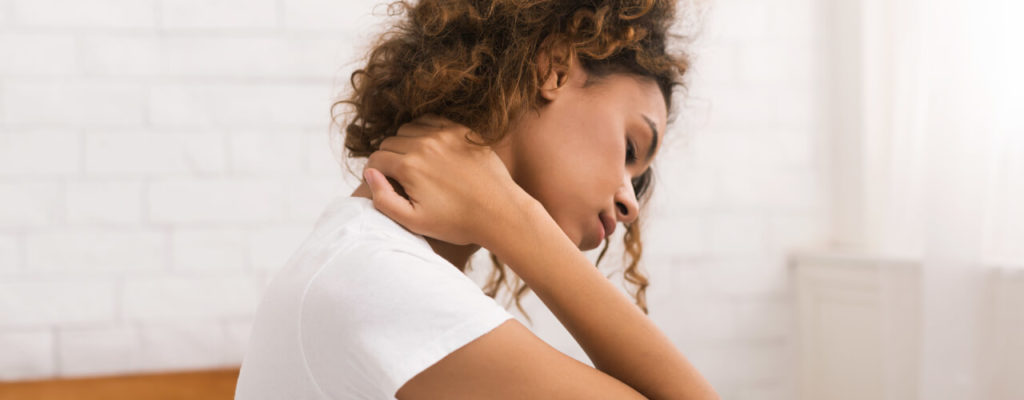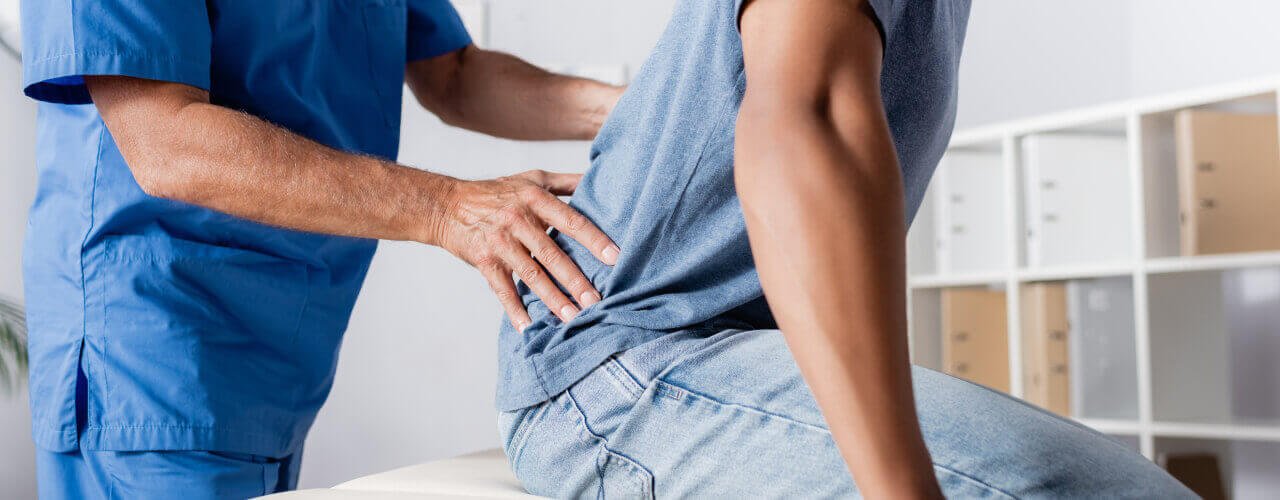Find Out How Physical Therapy Can Help You Fight Painful Mornings!
Do you jump out of bed excited to experience another morning—or do you just lie there, afraid to move because of the pain you know you’ll feel when you get up?
Aches and pains are never welcome, but they can really break your spirits when they have plagued you from the very first moments of your awakening.
It helps to understand why these discomforts occur in different parts of your body, and how you can stop them by using safe, drug-free methods such as physical therapy.
How can physical therapy help me relieve my pain?
Morning pain and overnight pain are closely linked. Issues such as chronic lower back pain may cause you to wake up many times every night, creating a twinge with every little body movement. When you get up, you feel even more pain than you did when you went to bed.
Physical therapy can help you reduce your morning aches and pains. An experienced physical therapist knows how to evaluate your symptoms in detail, see how they relate to your quality of sleep (or lack of sleep), and identify the underlying causes.
This understanding enables the development of an individualized physical therapy program, aimed at eliminating or controlling the specific causes of your pain. For example, we might determine that your back needs a firmer or softer mattress, or that your neck might benefit from a contoured cervical pillow.
Other proven physical therapy methods can help you strengthen your back, tame bursitis, relieve plantar fasciitis, or control the symptoms of osteoarthritis. We can even help you learn stress-relieving techniques to help your jaw, as well as which sleeping positions are most likely to ease your joint discomfort.
Do you have any of these conditions?
Each area of the body has its own particular vulnerabilities to different kinds of morning pain. Here’s a quick troubleshooting guide to help you figure out what’s going on:
- Heel pain: If taking those first steps in the morning are torture for your heels, but the pain then recedes as you walk around, you probably have a chronic inflammation of the arches called plantar fasciitis.
- Hip pain: If you experience hip pain that feels like it’s coming from within the joint and is at its worst upon awakening, suspect osteoarthritis. If the pain feels like it’s on the outside of the hip and bothers you more at night, suspect bursitis.
- Back pain: Pain can afflict any part of your back first thing in the morning. If you can barely move in the morning or never get quite comfortable at night, you may be using the wrong kind of mattress for your back.
- Neck pain: If you feel like someone tried to twist your head off during the night, you may have the wrong kind of pillow for your individual needs. Incorrect head and neck support can leave you with agonizing stiffness.
- Jaw pain: Does your jaw feel stiff and achy when you wake up in the morning? You may be grinding your teeth or clenching your jaw as you sleep, a problem known as bruxism. This habit is associated with emotional and physical stress.
Increasing your physical activity could help!
If you spend your days hobbling painfully from your bed to your reclining chair and back, the notion of pursuing any kind of vigorous activity may be the furthest thing from your mind.
The truth, however, is that getting active can vastly improve your health, your comfort, mobility, and overall quality of life.
The key is to find a fun activity that you enjoy doing and that also fits your current fitness level.
Make your mornings more comfortable with physical therapy!
From conquering chronic pain sources to improving sleep hygiene, physical therapy can help you ease morning aches and pains in a number of ways.
Don’t sleep through life in a haze of chronic pain—wake up and get in touch with our physical therapist for an evaluation! Call Dynamic Physical Therapy & Rehab Services today!
Tags: Natural Pain Relief, Natural Treatment, Joint Pain, Physical Activity, physical therapy, Nutrition, aches and pains, chronic pain, Physical Health, physical therapists, opioids, Rehabilitation



